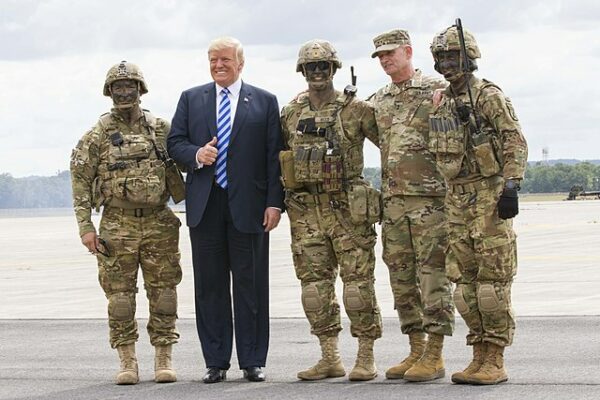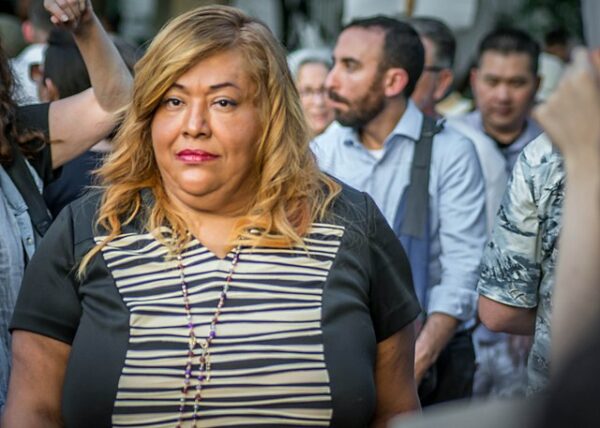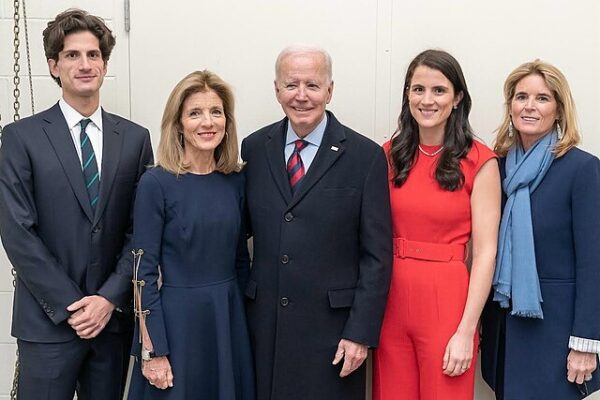The U.S. Supreme Court has agreed to hear arguments on May 15 over a Trump administration policy that seeks to restrict birthright citizenship—a direct challenge to how the 14th Amendment has been understood for generations. This marks the first time the Court will publicly consider a second-term Trump policy, and the outcome could carry major consequences for immigration law and presidential authority, according to multiple reports.
In February, the administration issued an executive order aimed at ending automatic citizenship for children born in the United States to non-citizen parents who are not lawful residents. The policy was immediately met with legal resistance, prompting federal judges in Maryland, Massachusetts, and Washington to block its enforcement nationwide. The Justice Department, arguing that such broad injunctions are an overreach, has now asked the Supreme Court to allow the administration to apply the policy in states that are not part of the lawsuits and to individuals not directly named in them.
Justice Department attorney Sarah Harris argued that a single judge should not have the power to halt a federal policy across the entire country. “The Executive Branch cannot function if any single judge can block every presidential action across the country,” she wrote in a court filing. The administration maintains that even partial enforcement would respect the executive’s role while the legal issues are sorted out.
At the center of the dispute is the 14th Amendment’s Citizenship Clause, which states that all persons born or naturalized in the United States are citizens. For more than a century, that has been interpreted to include nearly everyone born on U.S. soil, including the children of undocumented immigrants. Attorneys representing five pregnant women challenging the policy argued there’s no legal basis for reversing that precedent now. “There is no urgent justification for abandoning that history,” they wrote in their brief.
Supporters of Trump’s order on birthright citizenship have argued that the original authors of the 14th Amendment never intended to grant citizenship to those illegally in the country. It was only nearly a century later, when more began coming to the United States as undocumented immigrants, that the concept of simply being born on American soil conferred American citizenship.
This is your reminder that basically no one for the first 100 years after the 14th Amendment's ratification thought that it mandated birthright citizenship for the U.S.-born children of illegal or nonimmigrant aliens.https://t.co/C3fPCAeXaq pic.twitter.com/cMwvJXJu4X
— Amy Swearer (@AmySwearer) January 21, 2025
The Supreme Court is not expected to rule on the constitutionality of the policy itself just yet, but rather on whether it can be enforced while the lower court cases continue. A decision is expected later this summer.
[Read More:











This should be a “no-brainer” and one does not need to be a Constitutional scholar. All one needs to do is read the Fourteenth Amendment and note that a small 6 word part within the very first sentence proves that the Founders / writer of the Amendment does not allow birthright citizenship for children of non citizens. This is also known as the “anchor baby” myth where a foreign couple with a wife who is pregnant some to visit the U.S. where the baby will be delivered. These babies are NOT American citizens based on the Fourteenth Amendment.